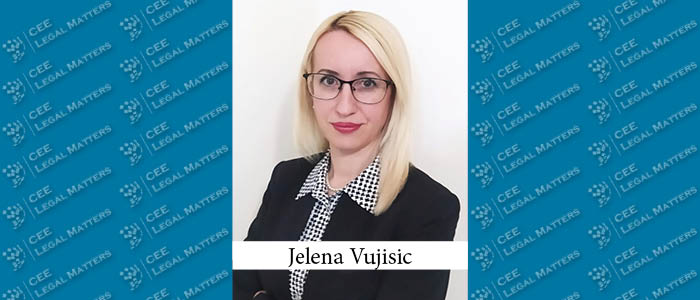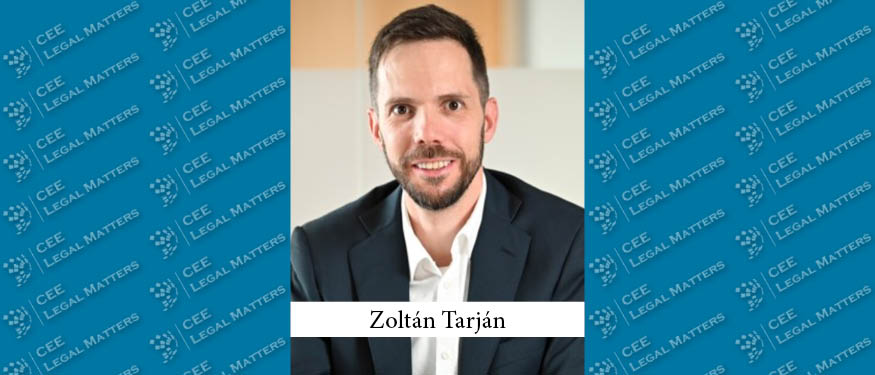Montenegro is seeing major changes with the election of a new Supreme Court President, the creation of a state-owned development bank, and tax reforms under the Europe Now 2 program, aligning the country with EU standards, according to Vujacic Law Office Partner Jelena Vujisic.
“Montenegro recently elected a new Supreme Court President after four years and eight unsuccessful attempts,” Vujisic notes. “The Judicial Council selected Valentina Pavlicic, a former representative at the European Court of Human Rights, to lead the institution. This is a significant development for Montenegro’s judiciary, as the courts have faced a challenging situation over the past five years. The appointment brings hope for much-needed improvements in judicial operations.”
Another notable development, Vujisic emphasizes, is the anticipated formation of a state-owned development bank. “This initiative marks a first for Montenegro, with the parliament recently adopting a set of laws to support its creation,” she notes. “The goal of the development bank is to provide financial assistance to Montenegrin companies and stimulate economic growth. The bank will be built upon the existing Investment and Development Fund, taking over its functions and responsibilities. The establishment is expected to be completed by the end of the year.”
Vujisic also highlights that in October, the second phase of Montenegro’s tax reform program, Europe Now 2, was introduced. “This reform includes two major changes aimed at reducing tax burdens and addressing wage policies,” she explains. “For the first time, minimum salaries have been differentiated by education level: EUR 600 net for employees with a high school diploma and EUR 800 net for those with a university degree.” Previously, according to Vujisic, Montenegro only had a general minimum salary standard. Additionally, she says, “employer costs have been reduced, with employers’ pension contributions decreasing from 15% to 10%, and employees’ contributions dropping from 5.5% to 0%. While employees have welcomed these measures, small businesses have expressed concerns that higher minimum wages could negatively impact their operations.”
Montenegro has also introduced new legislation to align with EU standards, Vujisic continues. “A new Electronic Communications Act has been passed to ensure compliance with EU regulations. Additionally, the Agency for the Protection of Competition has taken significant steps, including issuing decisions regarding restrictive practices by telecommunications companies.” She explains that “such decisions are rare in Montenegro and reflect a more proactive approach as the country seeks to improve its readiness for EU membership within the next three years. While these decisions have been appealed, they demonstrate a shift toward stricter enforcement of competition laws.”
“These developments highlight Montenegro’s efforts to strengthen its institutions, support its economy, and align with European standards as it continues its EU integration journey,” Vujisic concludes.

















